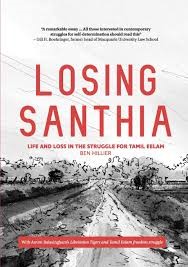
Sri Lanka’s bloody civil war.
Whole Number 70

Camus and Orwell both understood that the justification for state violence depends on describing it in such a way as to not convey too specific an image of the actual event.

We shouldn’t assume that union and community efforts will inevitably succumb to corporate co-optation.

Bottom-up democracy through community schools sounds like a great idea, but there are many dangers from these ‘charter schools on steroids.”

Community schools are a way to address the challenges faced by low-income school districts; they also provide a unique opportunity to create bottom-up, democratically controlled school governance.
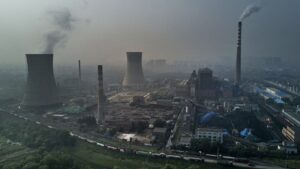
As “part of China,” we Hong Kongers have seen how China’s economic growth has contributed to the degradation of its environment. To be fair, Hong Kong’s economic takeoff had already harmed its environment before China took over the city. We . . .
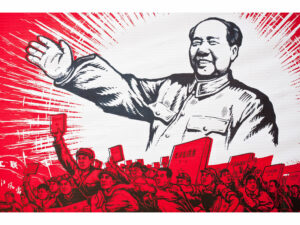
As against nearly a century of debates over Stalinism, the international left has never come to terms with Maoism, especially its global impact.

An analysis of debates among labor leftists about how a commitment to socialism “from below” should inform union activity.

Robert Sayre and Michael Löwy’s Romantic Anti-capitalism and Nature is an extremely interesting book—enjoyable, informative, and intellectually stimulating.

Wilkerson’s adroit storytelling jumps off the page, but the glaring omission in her book is political economy.

More than ever, the organized popular classes in Belarus must take the initiative in favor of political and social change in order to prevent the frustration of this genuinely popular movement by forces opposed to their interests, whether pro-Russian or pro-Western.

Gonzalez examines the development of Latin American political economy and impact of the COVID-19 pandemic.

As we are putting together this issue of New Politics, the United States is experiencing one of the greatest crises in its history. The country has lost more than 300,000 people to the coronavirus pandemic, which continues to run rampant. . . .
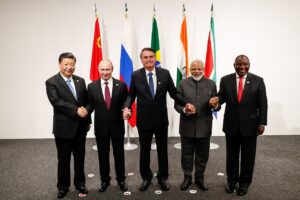
An examination of the significance of BRICS countries as “sub-imperial” powers in the context of global capitalism and imperialism.

(see links below)
From The Editors
The U.S. Elections and Beyond
Biden Replaces Trump: A Malignant “Normalcy” Is Restored, Thomas Harrison
The 2020 Elections in The United States: A Socialist View from Afar, Rohini Hensman
Auditing U.S. Democracy: Classical Liberalism, Contemporary
America, The Trump Years, and . . .
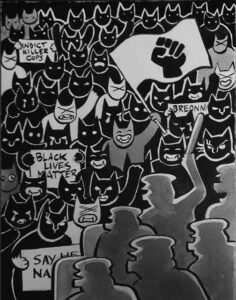
Keeanga-Yamahtta Taylor discusses the significance of the struggle against racism and police violence.

Many of us watching with envy from afar—“envy” because the destruction of democratic institutions has gone much further in our countries—have nothing but admiration for the way in which a would-be dictator has been peacefully overthrown.